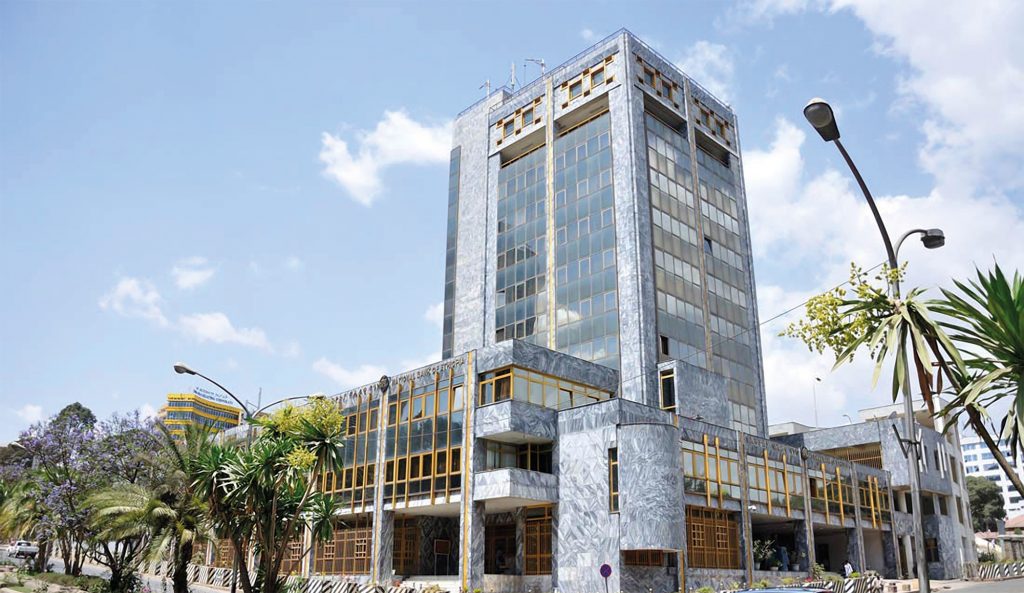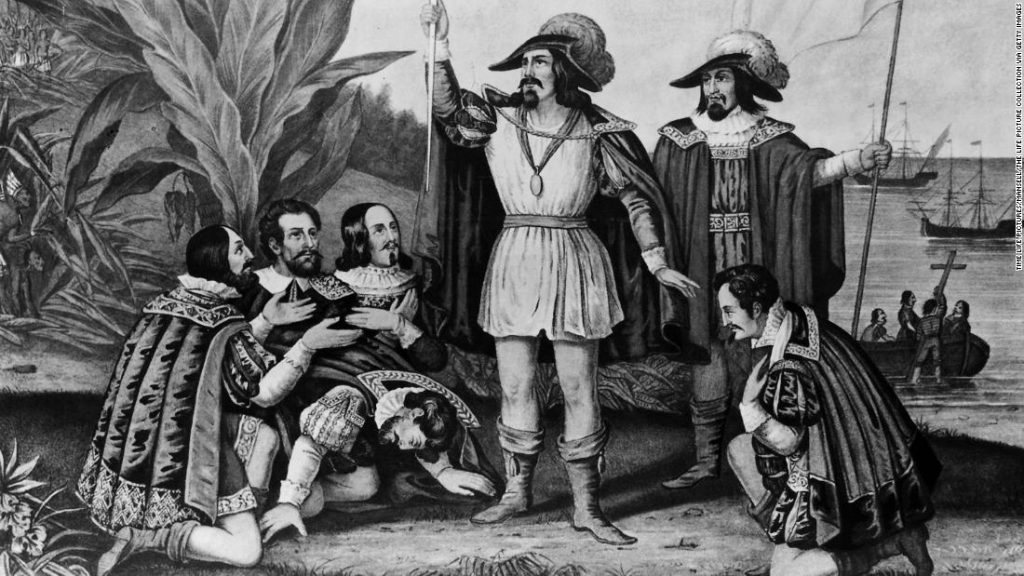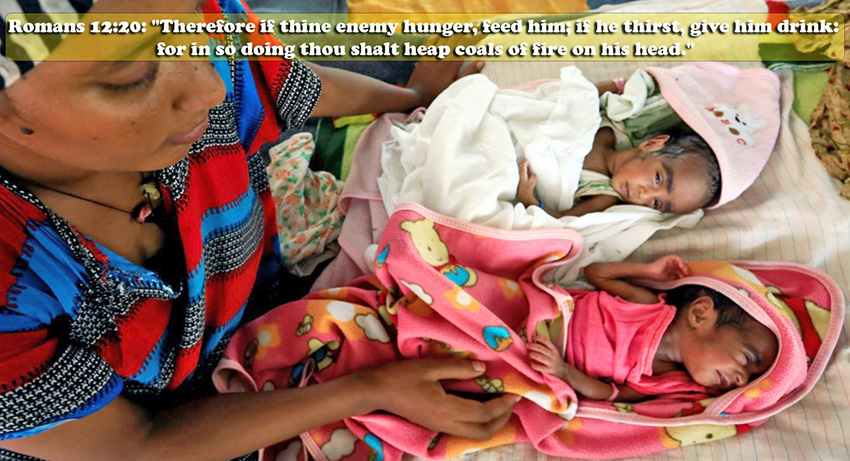
While the Ethiopian government touts big increases in spending for things like agriculture, education, health care the reality is that this is a farce. Real spending is actually much lower due the hidden way approval for expenditures which require foreign currency payments are tightly controlled by the Ethiopian National Bank under the control of Prime Minister Abiy Ahmed. As an advisor to Mekelle University and other institutions on development I became familiar with how this two level process of approval works in reality. Only budget items that match the monthly priority list and when there is a relative surplus of foreign currency will ever be approved.
Whatever budget the Ethiopian Parliament in agreement with Abiy Ahmed agrees for spending the amount that is actually spent that year will be less. The National Bank sets priorities for which budget item foreign currency will be allowed to leave the country. Needless to say no foreign debtor will accept the birr. The greatest contributor of foreign currency inward to Ethiopia is Ethiopian Airlines and therefore they and the military are always first on the list.
With expenditures of $2 billion per annum in military weapons and costs related to fighting in Tigray, Oromia, and other places while loan allotments from international lenders have been reduced to 1/6 of what they were in 2019 this military cost is actually higher then the rest of the Ethiopian budget combined. The debt burden of the Ethiopian government is well above 30% of the gross domestic product such that it always is on the border of default in loan payments. To date this has resulted in dramatic reduction in loan distributions complicated also by Abiy Ahmed’s avoiding recommendations by foreign lenders or even to meet them.
Additionally although the Ethiopian government uses figures of birr , the Ethiopian currency, instead of international currency equivalents, the greater then 50% de-evaluation hides that real spending has not increased.
Even if the Ministry of Health, for example, approves budgets to buy reagents for lab tests or new diagnostic equipment as these things come from foreign producers requiring foreign currency payments their actual approval for payment for that year often never happens.





